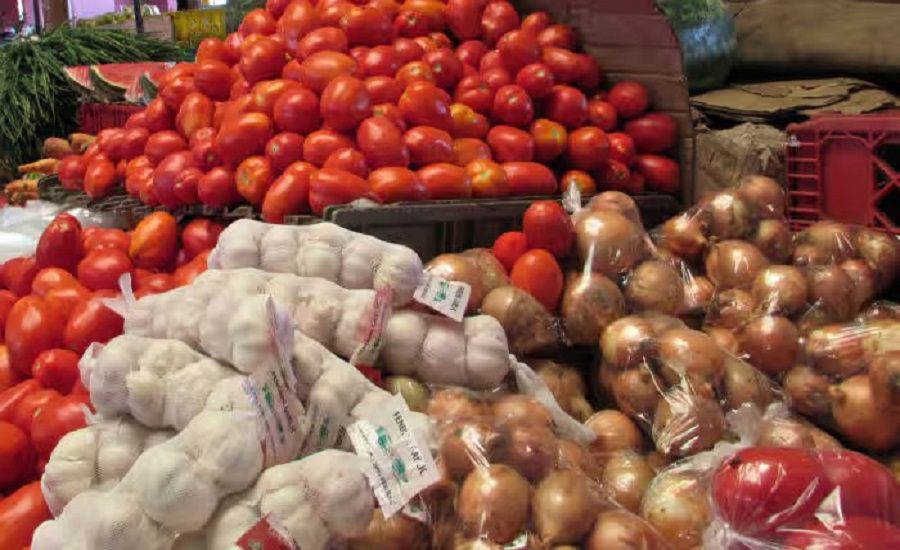New Delhi: The Central government has initiated proactive market interventions to contain a temporary spike in tomato prices in Delhi and ensure overall stability in vegetable prices amid the ongoing monsoon season.
Following heavy rainfall in northern India, tomato supplies to the national capital were disrupted in late July, pushing retail prices up to ₹85 per kg. Responding swiftly, the National Cooperative Consumers’ Federation of India (NCCF) began procuring tomatoes from Azadpur Mandi on August 4, retailing them at ₹47–₹60 per kg through mobile vans and designated outlets to provide relief to consumers.
Tomato Prices Ease After Peak; All-India Average at ₹52 per Kg
As of now, the average tomato price in Delhi stands at ₹73 per kg, with prices stabilising due to government intervention.
Other metro cities like Chennai and Mumbai, unaffected by rainfall disruptions, reported average prices of ₹50 and ₹58 per kg, respectively. The all-India average retail price is ₹52 per kg, which is lower than ₹54 per kg in 2024 and significantly down from the ₹136 per kg peak recorded in 2023.
Food Inflation Under Check: Thali Costs Fall 14% Year-on-Year
Despite the tomato price spike in Delhi, the Department of Consumer Affairs reported stable or declining prices across most food commodities in 2025. Notably, the cost of a homemade vegetarian thali in July dropped by 14% compared to the previous year, indicating moderation in food inflation.
Officials attributed the price stability to improved supply chains, higher agricultural output, and the government’s real-time monitoring and targeted market interventions.
Onion and Potato Prices Stable Amid Higher Output and Buffer Stock
Prices of other key staples like onion and potato remain under control this season. According to government data, onion production in 2024–25 has seen a marked increase, enabling the creation of a buffer stock of 3 lakh tonnes.
The onion buffer stock will be released in a calibrated manner starting September, ensuring price stability during the festive season and preventing speculative hoarding or artificial inflation.
read also: Delhi Government Revives MLA-Led Police Station Committees to Strengthen Local Grievance Redressal
Officials Confident: Prices Likely to Remain Under Control
A senior official from the Consumer Affairs Department said,
“Our strategy of combining higher crop output, buffer reserves, and timely interventions is working. We expect vegetable prices to remain stable in the coming months.”
The Centre’s efforts are expected to insulate consumers from seasonal price shocks, especially in key urban markets like Delhi and the NCR.






























